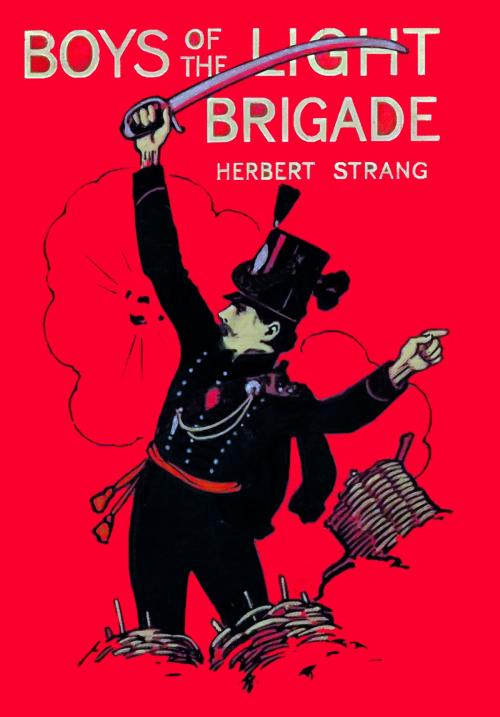| Author: | Herbert Strang | ISBN: | 9781501493898 |
| Publisher: | Jester House Publishing | Publication: | April 14, 2016 |
| Imprint: | Language: | English |
| Author: | Herbert Strang |
| ISBN: | 9781501493898 |
| Publisher: | Jester House Publishing |
| Publication: | April 14, 2016 |
| Imprint: | |
| Language: | English |
Napoleon, having overrun Spain with some 250,000 men, swept away and defeated all the Spanish armies, and occupied Madrid, had set his hosts in motion to re-occupy Portugal and complete the subjugation of Andalusia. At this critical moment in the history of Spain, Sir John Moore, who had landed in the Peninsula with a small British army only about 30,000 strong, conceived the bold project of marching on Salamanca, and thus threatening Napoleon's "line of communications" with France—whence he drew all his supplies and ammunition. The effect was almost magical. Napoleon was compelled instantly to stay the march of his immense armies, whilst at the head of over 80,000 of his finest troops he hurled himself on the intrepid Moore. The latter, thus assailed by overwhelming numbers, was forced to order a retreat on his base at Corunna, a movement which he conducted successfully, despite the terrible privations of a rapid march in mid-winter through a desolate and mountainous country, with insufficient transport and inadequate staff arrangements. Thrice he turned to bay and thrice did he severely handle his pursuers. Finally, at Corunna, after embarking his sick and wounded, he fought the memorable battle of that name, and inflicted on the French such heavy losses that his army was enabled to re-embark and sail for England with but little further molestation. The gallant Moore himself was mortally wounded, and died the same night. The effects of the Corunna campaign were to paralyse all the Emperor's plans for nigh three months, during which time the Spaniards rallied and regained confidence, and the war took a wholly different turn, although it was only after five years' constant fighting that the French invaders were finally driven out of the country.
Napoleon, having overrun Spain with some 250,000 men, swept away and defeated all the Spanish armies, and occupied Madrid, had set his hosts in motion to re-occupy Portugal and complete the subjugation of Andalusia. At this critical moment in the history of Spain, Sir John Moore, who had landed in the Peninsula with a small British army only about 30,000 strong, conceived the bold project of marching on Salamanca, and thus threatening Napoleon's "line of communications" with France—whence he drew all his supplies and ammunition. The effect was almost magical. Napoleon was compelled instantly to stay the march of his immense armies, whilst at the head of over 80,000 of his finest troops he hurled himself on the intrepid Moore. The latter, thus assailed by overwhelming numbers, was forced to order a retreat on his base at Corunna, a movement which he conducted successfully, despite the terrible privations of a rapid march in mid-winter through a desolate and mountainous country, with insufficient transport and inadequate staff arrangements. Thrice he turned to bay and thrice did he severely handle his pursuers. Finally, at Corunna, after embarking his sick and wounded, he fought the memorable battle of that name, and inflicted on the French such heavy losses that his army was enabled to re-embark and sail for England with but little further molestation. The gallant Moore himself was mortally wounded, and died the same night. The effects of the Corunna campaign were to paralyse all the Emperor's plans for nigh three months, during which time the Spaniards rallied and regained confidence, and the war took a wholly different turn, although it was only after five years' constant fighting that the French invaders were finally driven out of the country.















